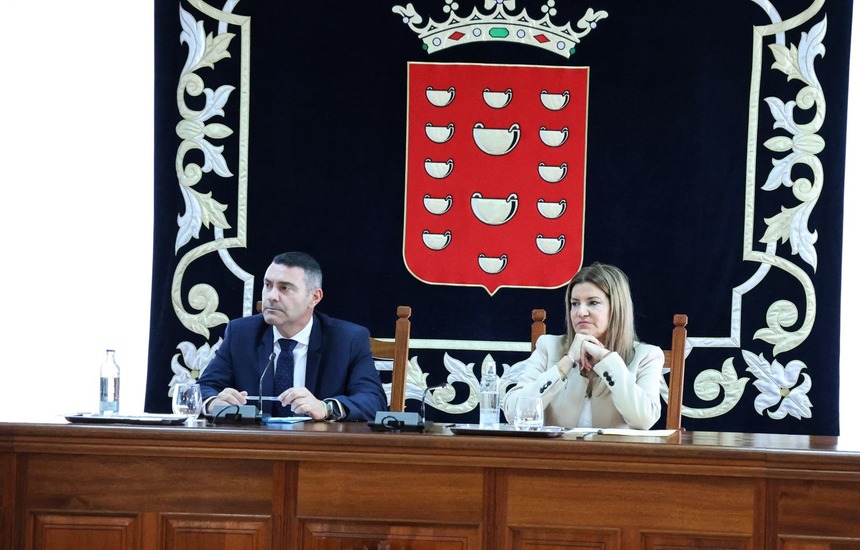The Teguise Town Council has announced the conclusion of the 2025 archaeological excavation campaign at the El Bebedero site, a key location in the Protohistory of the Canary Islands that continues to yield significant discoveries about Lanzarote’s indigenous past.
The project, led by Professor Pablo Atoche from ULPGC and archaeologist Mª Ángeles Ramírez, has once again received support from the Council through a grant to the Las Palmas University Foundation, in addition to the altruistic collaboration of a multidisciplinary team of researchers.
The Mayor of Teguise, Olivia Duque, emphasised the importance of this work: “El Bebedero continues to prove its value as a unique site in the Canary Islands, providing new pieces to reconstruct our oldest history. The Town Council will keep supporting this research because investing in heritage is investing in identity and the future.”
Meanwhile, Mar Boronat, the Councillor for Historical Heritage, highlighted the municipality’s role in preserving cultural heritage. “Thanks to the continuity of excavations, we can offer populations and future generations a more rigorous understanding of our ancestors’ lives. It is a source of pride for Teguise to be a benchmark in archaeological matters throughout the Archipelago,” she noted.
Main Discoveries
Among the main findings of this campaign are the exhumation of a double compartment used for processing the skins of sheep and goats, various hydraulic structures for water capture and storage, and several polished basalt stelae, one of which is anthropomorphic. These discoveries reflect the high level of adaptation and cultural richness of the indigenous community that inhabited the island between the 1st century BC and the 4th century AD.
Additionally, there were high-quality indigenous pottery pieces, personal adornments made from molluscs, bone utensils, and fragments of Roman amphorae, which indicate the relationship between the ancient inhabitants of Lanzarote and Mediterranean navigators.
A Key Archaeological Site
After more than four decades of systematic research, the sites of El Bebedero and Buenavista remain crucial for understanding the origins of the Canary Islands, revealing the complex interaction between indigenous peoples and Mediterranean cultures.
The Teguise Town Council expresses its gratitude for the efforts of the research team and reaffirms its commitment to continue collaborating in disseminating this heritage through guided tours, lectures, publications, and educational activities, thereby bringing the richness of Lanzarote’s most remote history closer to the public.














